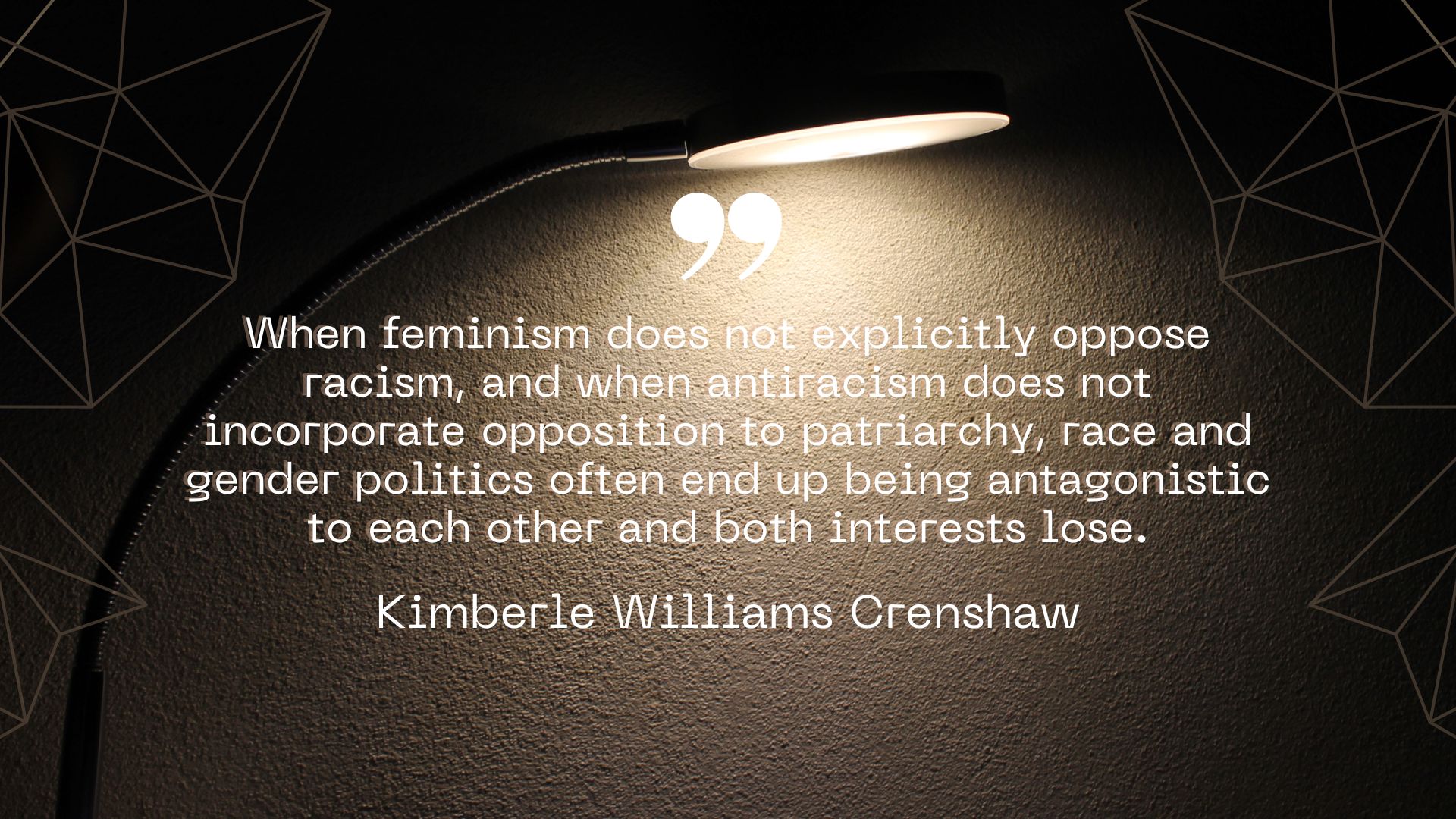When feminism does not explicitly oppose racism, and when antiracism does not incorporate opposition to patriarchy, race and gender politics often end up being antagonistic to each other and both interests lose.
Kimberle Williams Crenshaw__
It suggests that when feminism and antiracism do not work together and support each other, they can end up conflicting and ultimately harm both groups. It’s important for social justice movements to recognize the intersections and overlap between different forms of oppression and work together to address them. It’s also important to recognize that different groups can face unique and distinct forms of oppression and to be supportive and inclusive of those experiences.
Feminism and antiracism
Feminism is a social, political, and ideological movement that seeks to advance the rights and status of women. It aims to eliminate gender-based discrimination and oppression, and to promote gender equality.
Antiracism refers to the actions and policies that seek to eliminate racism and racial discrimination, and to promote racial equality. Racism refers to the belief that one race is superior to others, and the actions and policies that are based on this belief. Antiracism involves actively working to challenge and dismantle systems of racism and racial inequality, as well as promoting racial justice and equality.
Both feminism and antiracism recognize that there are many different forms of oppression and discrimination that can intersect and overlap. For example, a person who is a woman and also a person of color may face discrimination and oppression based on both their gender and their race. Therefore, it is important for social justice movements to recognize and address these intersections, and to work together to create a more just and equal society.




